Feeling sickly and drained? Sleep is the best medicine. Here are healthy immune-boosting tips for good sleep.
RELATED: Lack Of Sleep Symptoms And How To Fix Them
Sleep and Your Immune System | Sleep Hygiene Tips for Good, Deep Sleep

1. Set the Stage for Good Sleep
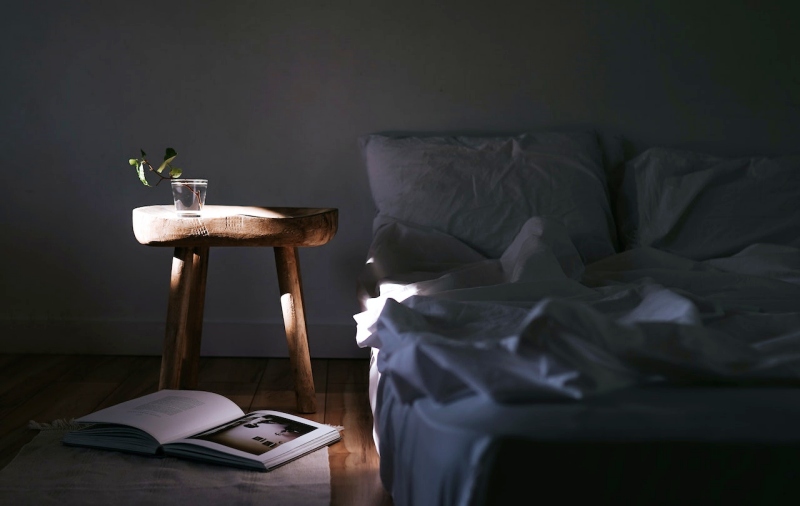
Nothing invites weary eyes and a sleep-deprived body more than a cool and dark room and a plush bed.
Sleep experts recommend setting your room temperature at around 15°C-20°C to get the best and most comfortable sleep. If you typically run hot when you sleep, you may find comfort and relief in the cool breeze of a fan.
Your internal body clock or circadian rhythm hinges on your exposure to light.
At night, after the sun has gone down, your body releases melatonin. Melatonin makes us feel sleepy. However, light or blue light from our gadgets dampens melatonin production. As a result, we’re too many episodes into our favorite series and too little time to sleep.
2. Stay Consistent
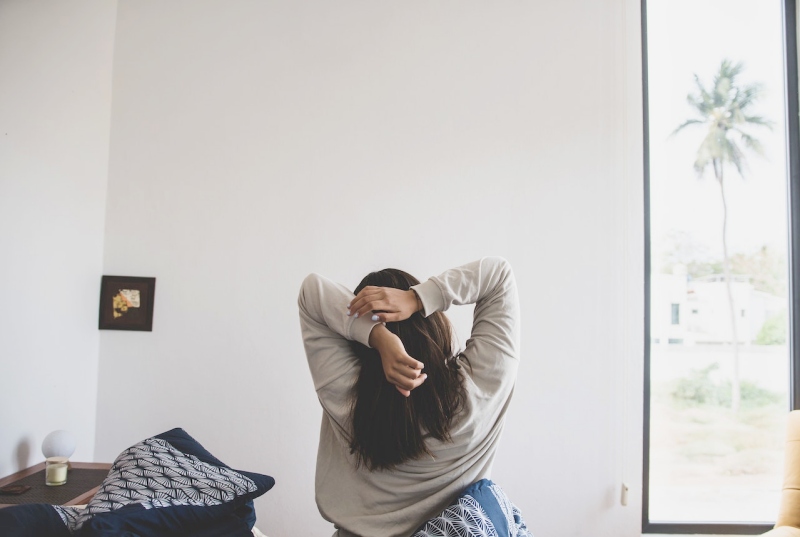
The thing about good sleeping habits is that you have to do them—all the time. And this includes days off and weekends.
Sleep a schedule that you can adhere to both on weekdays and weekends. Choose a bedtime that will get you ample rest before you have to get up early for work. And what time you wake up on weekdays should hold true on weekends.
Work backward when you plan your sleep schedule and make sure you get 7-8 hours of sleep. Go to bed around eight hours before you get up and hop out of bed after you’ve gotten enough sleep.
While it’s perfectly understandable that you’d want to laze around in your Serta mattress, oversleeping could throw off your sleep schedule.
If your mind is still running and you can’t feel sleep coming yet, get out of bed for a few minutes. But be careful not to do anything too stimulating or an activity that could wake you. Get back in bed once you feel sleep coming on.
The key to helpful tips for good sleep is that they don’t require new equipment but minor lifestyle adjustments. Ultimately, the trick to good sleep is good sleep habits.
3. Steer Clear of the Phone Screen
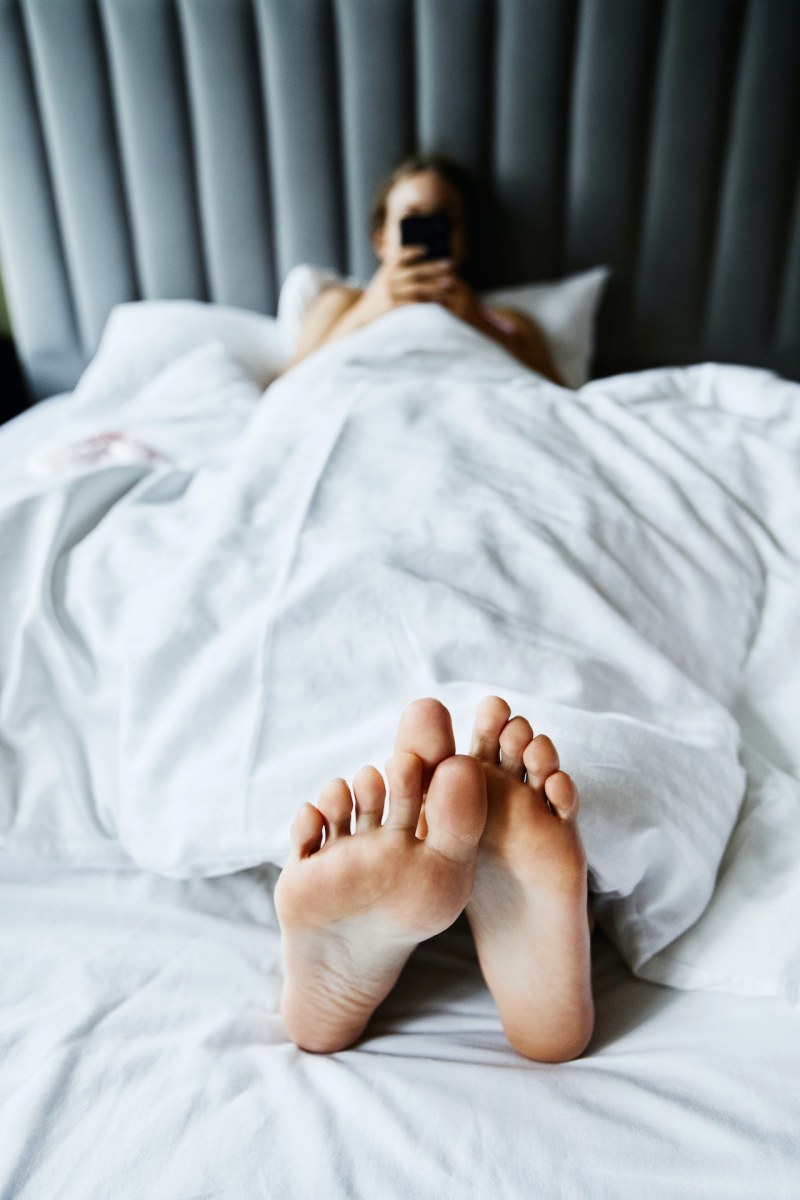
Blue light from your gadgets may hinder your body from releasing melatonin, a hormone that helps make us sleepy.
Include some gadget downtime into your bedtime routine. When it’s almost time for bed, limit your screen time and let your body take its natural course into sleepiness.
Special amber or blue light filter glasses help reduce how much blue light you get from your phone screen.
In fact, one small study found that wearing amber glasses two hours before bed may help reduce insomnia and improve sleep duration and quality.
You can find affordable amber glasses or ask your optometrist for a prescription. A high-quality pair could block as much as 90% of blue light.
In addition to the effects of blue light, using your mobile or playing video games before bedtime are highly stimulating activities. Instead of prepping your body for bed, you’re keeping it awake by rousing it.
However, interestingly, the Journal of Clinical Sleep Medicine cites that music players and TVs are considered passive electronics. These devices may not harm your sleep quality as much as your phone does.
Keep it on your bedside table if you’re not using your mobile phone to play some sleep-inducing white noise. Instead, pick up a light novel.
4. Pick up a Book

Reading a book before bed could help you get deep, restful sleep.
One study found that those that read before bed had better sleep quality than those that didn’t.
Reading could lower your stress levels. And anything that can pull your gaze away from your stimulating, blue-lit phone screen is worth doing.
RELATED: 9 Surefire Ways To Fall Asleep Fast
5. Do Some Light Yoga and Meditative Breathing
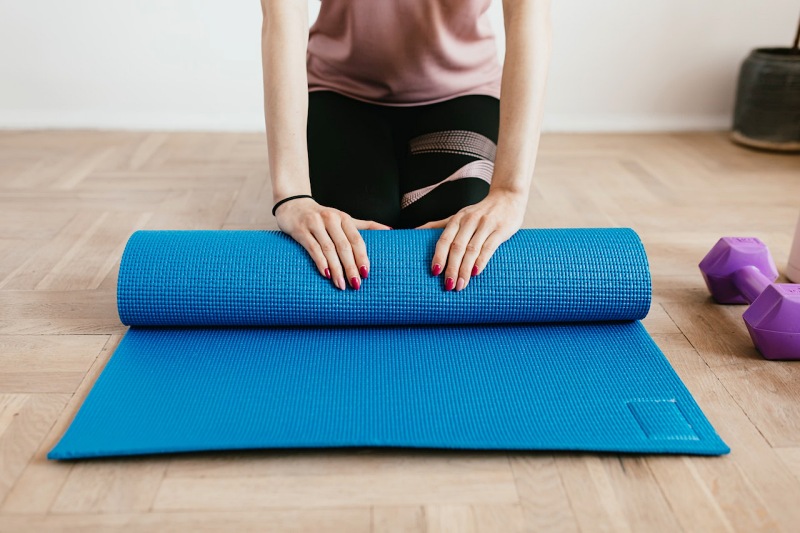
Relaxing yoga styles like Hatha yoga or Nidra yoga are relaxing activities that emphasize body postures and breathing techniques. These may help reduce your stress and even improve your sleep quality.
Many studies have found that yoga could improve the quality of your sleep. One, in particular, found that doing yoga could help you fall asleep faster, sleep longer, and experience more restful slumber.
Time your exercise based on whatever works for you. Some sleepers have trouble sleeping when they work out too close to bedtime. However, some sleepers have no trouble falling asleep quickly after a quick gym session.
How Does Sleep Affect My Immune System?
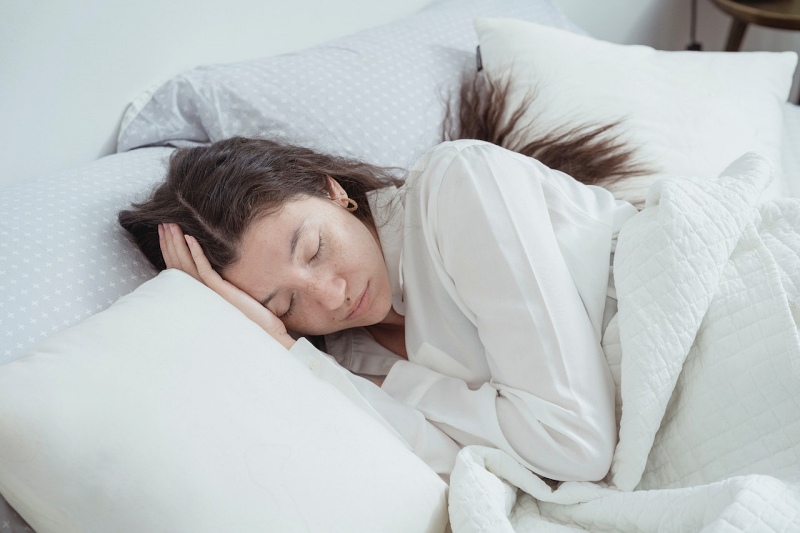
Sleeping well is one of the best things you can do for your body when you’re sick. Getting plenty of rest supports your body’s natural response to fight off infections.
Sleep regulates your immune response.
When you’re sick, your immune system deploys T cells or immune cells. These cells raise the red flag, alerting other immune cells of the arrival of a harmful pathogen. Cytotoxic T cells then hunt down those pathogens and attack them.
Studies show that sleep deprivation suppresses T cell activity, which dampens your immune response.
Sleep can also bolster our immune system’s memory, which allows our body to immediately attack pathogens it has come across before.
Getting plenty of zzz’s—and maybe some ibuprofen—is one of the best medicines.
Good Sleep and Good Health
Good sleep is one of the bastions of a healthy mind and body. It restores your body, recharges your brain, and buffs your immune system.
More and more research shows that what we eat and how active we are during the day aren’t enough to keep us healthy. How well you rest at night is also key to maintaining normal bodily functions and keeping diseases at bay.
In fact, getting too little sleep frequently could snowball into chronic diseases. And how well you sleep now may indicate how healthy your brain is in your golden years.
Do you have your own tips for good sleep? Or do you have your favorite sleeping tools? Share with us in the comments section below! We’d love to hear from you.
UP NEXT:

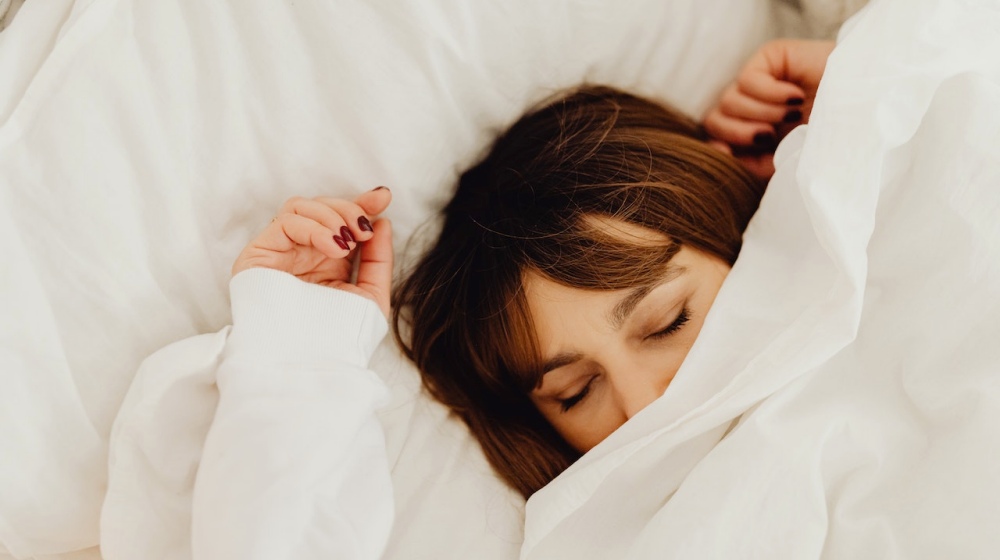












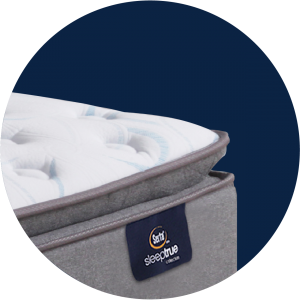
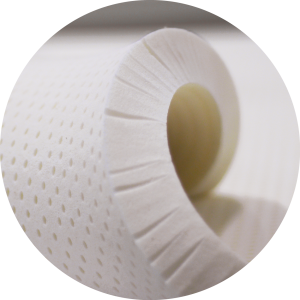
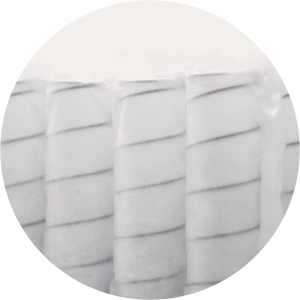
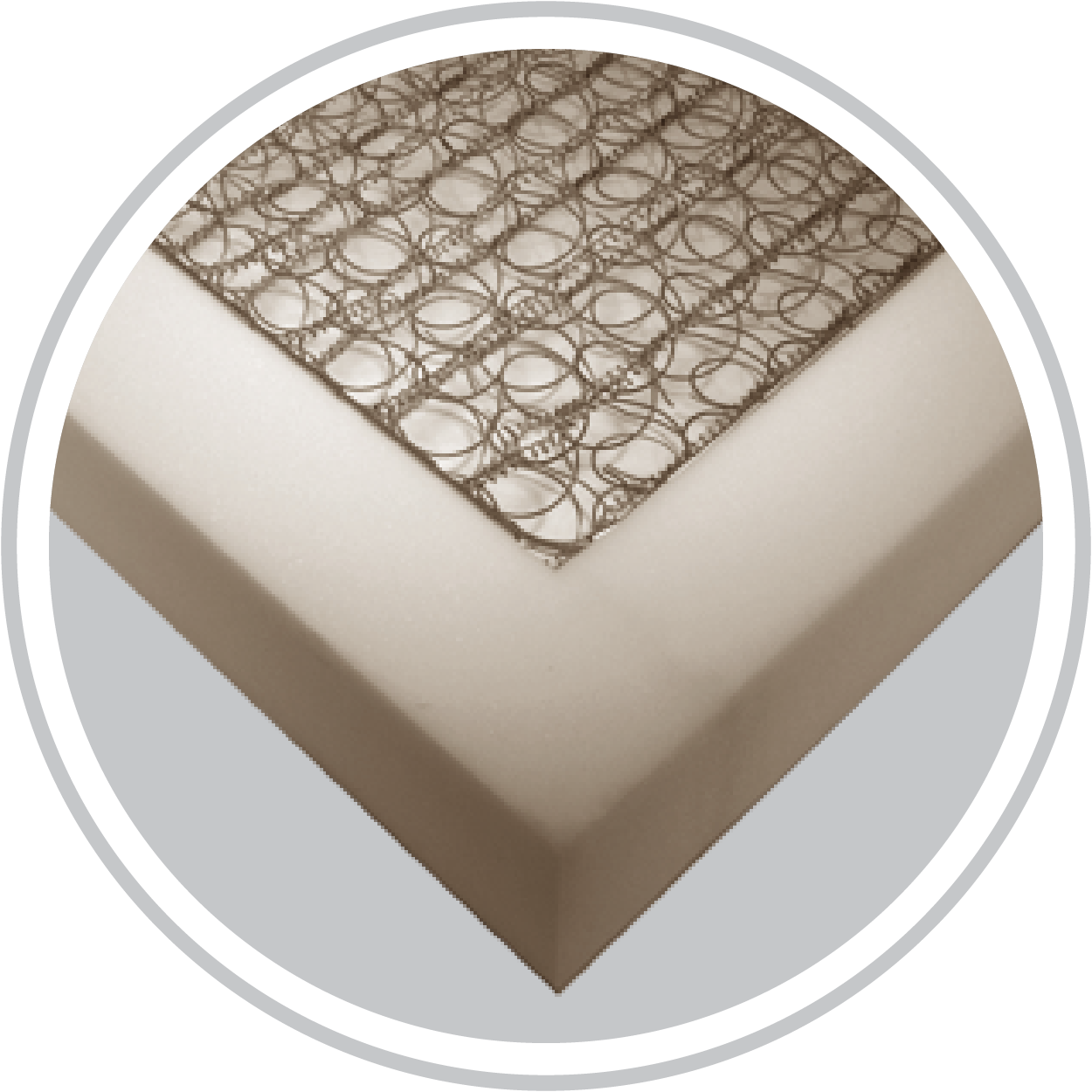
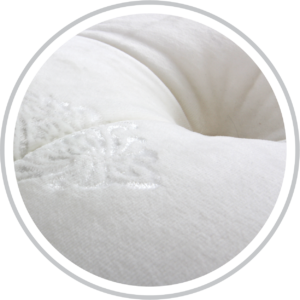
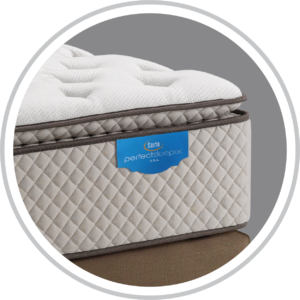

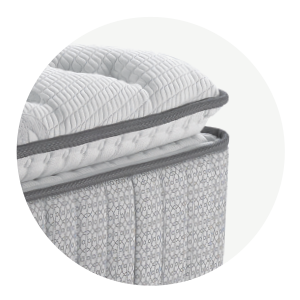
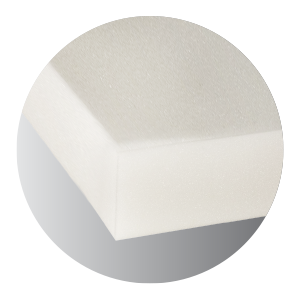
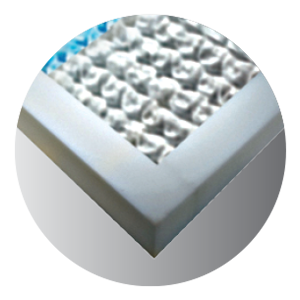
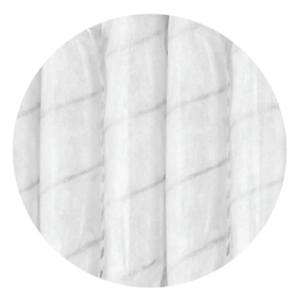
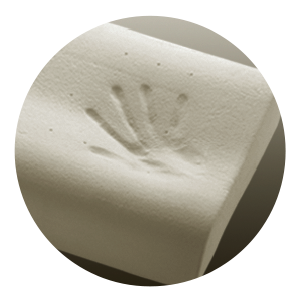
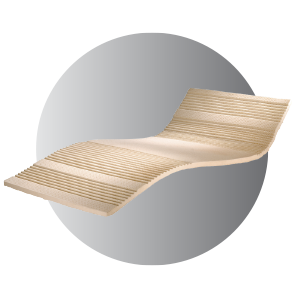
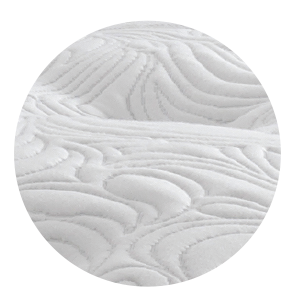
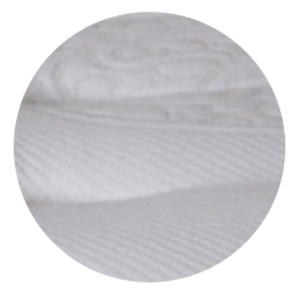
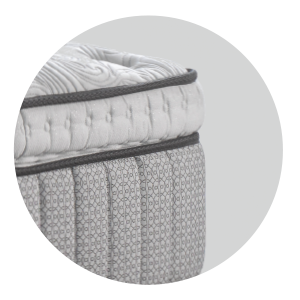
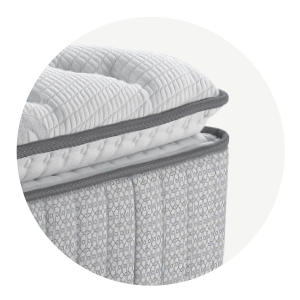
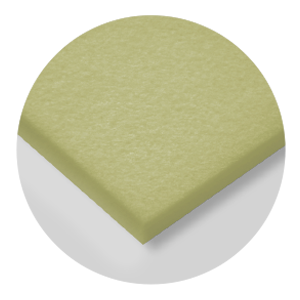


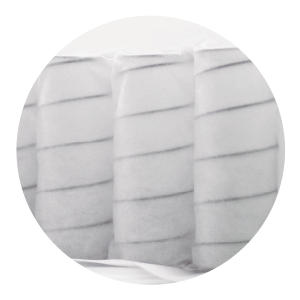
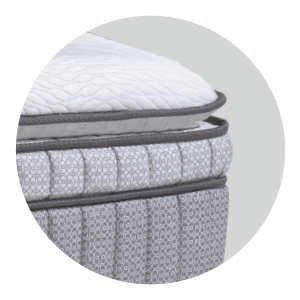
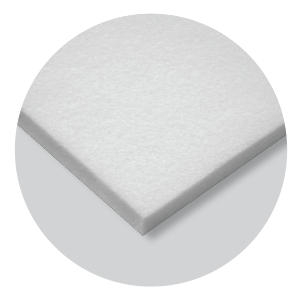
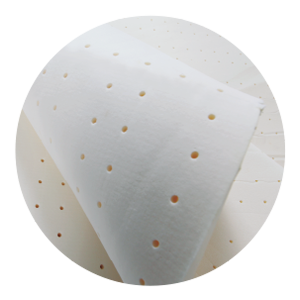
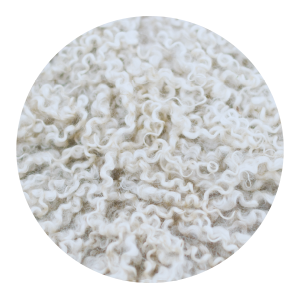
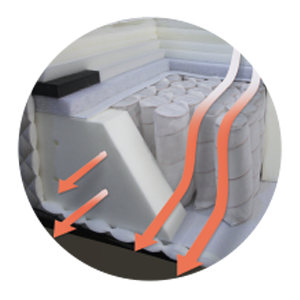
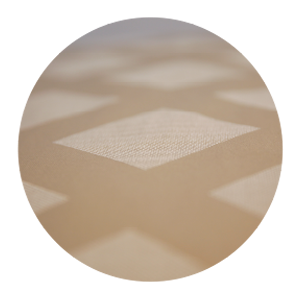
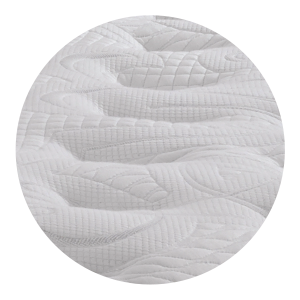

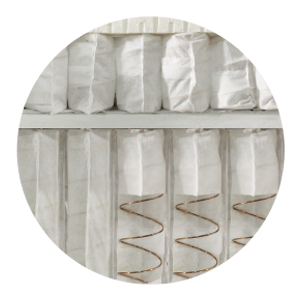

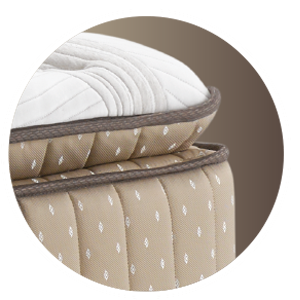


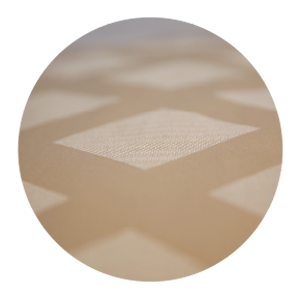
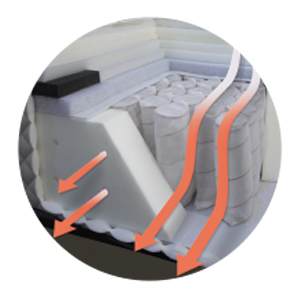

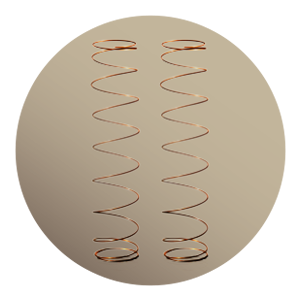
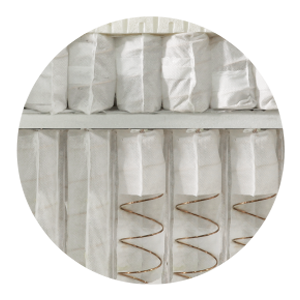
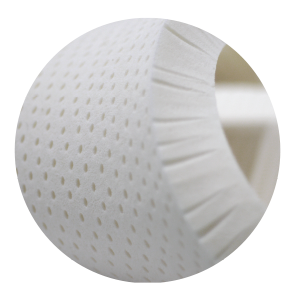
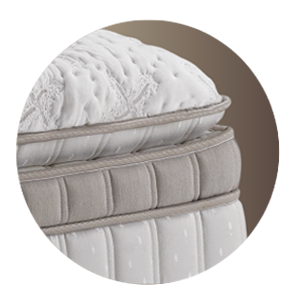


0 Comments